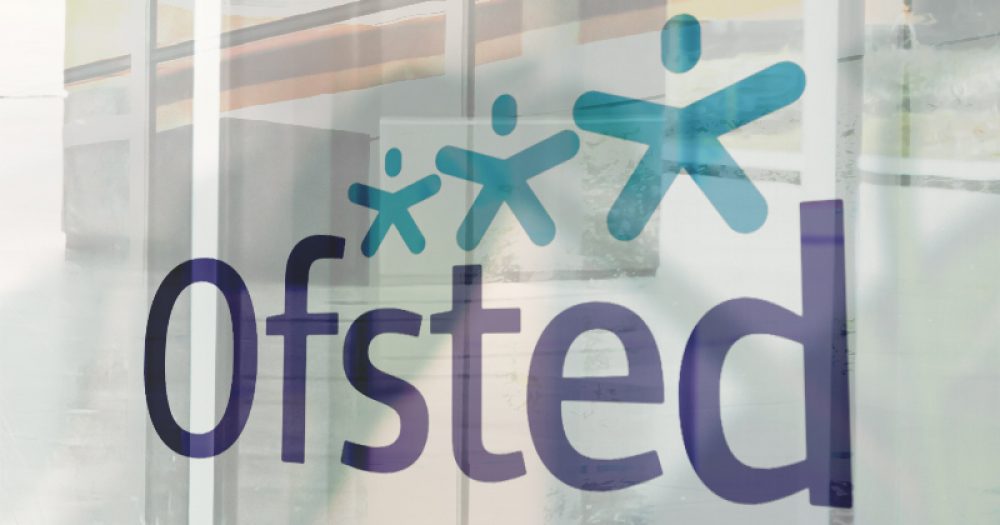Not one ‘outstanding’ school reinspected under a clampdown by Ofsted has retained its top rating.
In December, the government told the watchdog to step up its interventions of so-called “exempt” schools so that poor standards of safeguarding could be picked up.
Schools Week understands the changes were introduced in January. In the latest data, which covers January 9 to February 1, Ofsted reinspected 46 “exempt” schools.
Of those, 37 were downgraded to “good”, eight were rated “requires improvement” and one became “inadequate”.
Ofsted has been lobbying the government to lift the exemption given to the top-rated schools, warning that many will have declined since their last inspection.
Ofsted revealed yesterday that inspections of exempt schools carried out between September and December last year, before it was ordered to step up its efforts, resulted in just 23 per cent maintaining their top grades. Of 117 schools inspected, more than one-third were rated “requires improvement” or “inadequate”.
Nick Brook, the deputy general secretary of the National Association of Head Teachers (NAHT), said those figures showed there was “good sense in ending the exemption” for a “more transparent cycle of inspection for all schools”.
Ofsted should “instead focus on identifying failure and providing a stronger diagnostic insight for schools that are struggling”.
“This should then be the trigger for well-funded and meaningful support. This promotes the efficient use of scarce resources and provides for the effective use of the public funds spent on inspection.”
Concerns over standards and safety
Great Whelnetham Church of England voluntary-controlled primary school in Suffolk, which had not been inspected since 2007, was rated “inadequate” this January.
Inspectors said its leaders had not “maintained the school’s standard of education since the previous inspection”.
The school was approached for comment.
Schools Week has also identified two more schools that dropped from “outstanding” to “inadequate” since January, but they do not yet feature in Ofsted’s overall data.
Bury St Edmunds County Upper School, also in Suffolk, was “outstanding” in October 2013, but inspectors returned this year and rated it “inadequate”, raising some worrying safeguarding concerns.
Leaders failed to take “all reasonable steps” to ensure pupil safety, and did not make required child protection referrals to the correct agencies when pupils were at risk, inspectors said.
Stephen Boor, chair of the Bury St Edmunds All-Through Academy Trust, which runs the school, said independent reviews of safeguarding and security were commissioned, but neither “found any areas of concern”.
Water Hall Primary School in Buckinghamshire, part of the Lakes Academies Trust run by Tony Draper, a former NAHT president, received an “outstanding” rating in March 2013 and kept its inspection exemption when it became an academy in 2016.
However, inspectors visiting last month found the school “inadequate” in every area except early years provision.
A spokesperson for the Department for Education said it was “only to be expected” that some outstanding schools would decline, given that Ofsted inspected them in response to specific concerns. “This shows that its risk assessment approach is working.”
Trust’s flagship school drops two grades over declining standards
The flagship school of an academy trust run by a former regional schools commissioner has dropped two Ofsted grades after its first inspection in more than six years.
Inspectors rated the Samuel Ward Academy in Suffolk “requires improvement” earlier this month. It was rated “outstanding” following an inspection in October 2012.
Inspectors found leaders and governors had “failed to maintain the high standards reported at the previous inspection”.
The school is part of the Unity Schools Partnership, a 22-school trust run by Dr Tim Coulson, the former regional schools commissioner for the east of England.
Rachel Gooch, a former Suffolk governor,
said that the school’s “outstanding” award had opened the door to its status as an academy sponsor, teaching school alliance and research school.
She added that the latter role had brought in £200,000 in government funding.
“This system creates a huge pressure to keep the status that brings in the money and can lead to school leaders being distracted from their core roles,” she said.
“Equally worrying is the suspicion that there are nominally outstanding schools delivering advice and training who no longer deserve the grade – and if Ofsted never visits, they will continue to do so.”
Coulson told Schools Week that the school’s decline was down to “too many changes of leader”.
“From our perspective, we were worried about the school. As the report says, we’ve made quite a lot of changes to get it back to where it’s going.”
Coulson said his trust would have “no difficulty” with its outstanding schools being inspected on a more regular basis, but said dropping the exemption wouldn’t be his top priority while Ofsted was under-resourced.
He added that if Ofsted had downgraded
the school two years ago, the trust would
still have been able to justify its status as a teaching school alliance, research school and academy sponsor.








About time too. Remember the ‘killer fact’ revealed by the Education Endowment Foundation (EEF) that OfSTED ‘good’ and ‘outstanding’ schools are no more effective than ‘inadequate’ schools in closing the gap between the Free School Meals children they can’t avoid admitting and their more able (and wealthier) peers.
So the aim of The Sutton Trust of enabling more FSM children to get into ‘outstanding’ schools, will achieve nothing for them.
It is easy to understand the concern of the political left with reducing inequality. I support it, but it requires taking ‘markets’ out of the provision of providing essential services like education if it is to be achieved. Finland shows the way.
https://rogertitcombelearningmatters.wordpress.com/2018/07/10/ofsted-and-outstanding-schools-are-harming-national-educational-attainment/
Have academies been successful?Or are they another Government policy failure? The latter i fear.